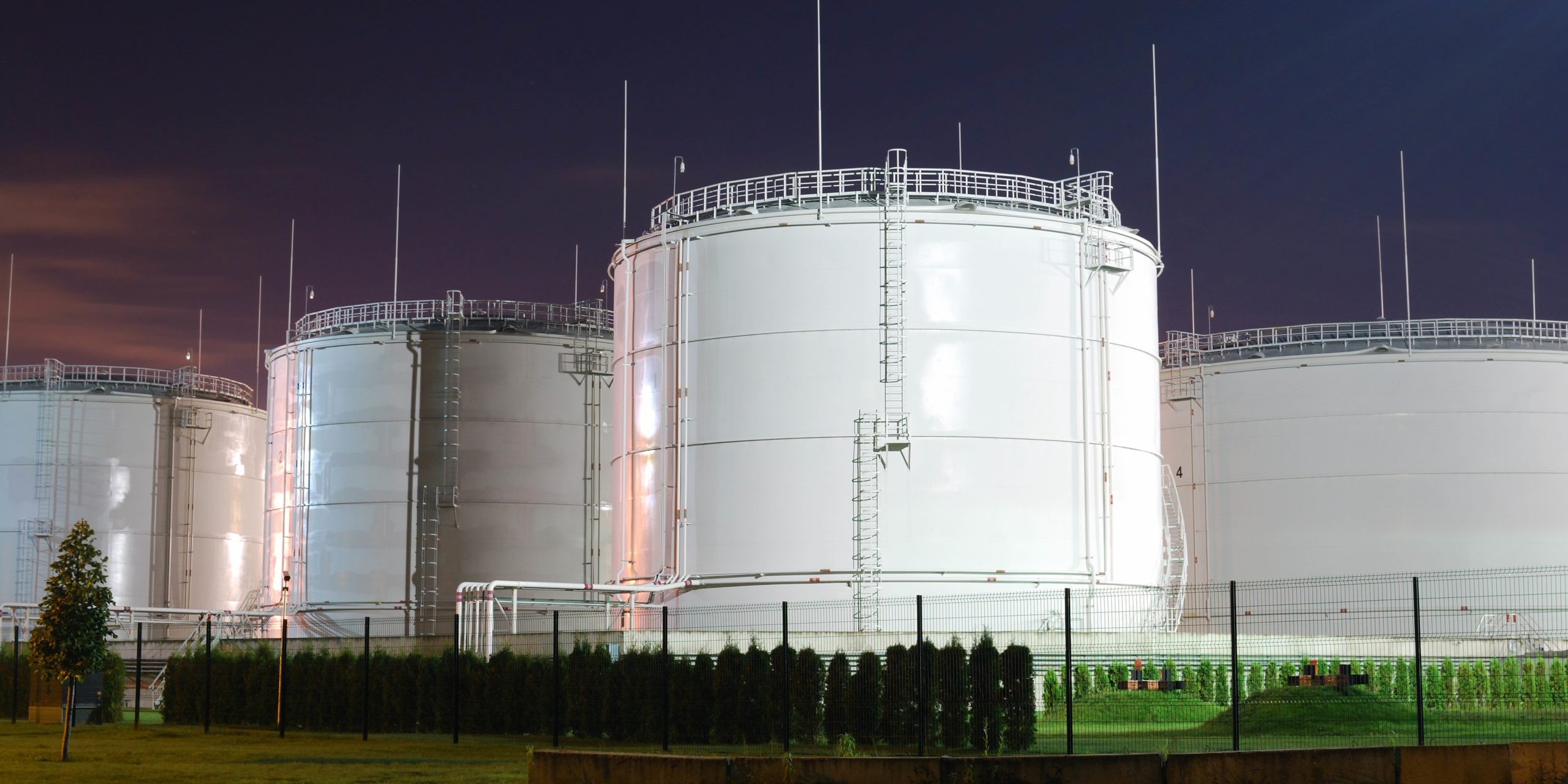A new initiative that aims to kick start the supply of green fuels to support the global energy transition has been launched by representatives of the maritime sector and has seen initial support from the governments of Canada and the United Arab Emirates (UAE).
Unveiled by the International Chamber of Shipping (ICS) and International Association of Ports and Harbours (IAPH), along with the CEO-led Clean Energy Maritime Taskforce, the new initiative aims to provide a platform for stakeholders to rapidly unlock clean energy deployment.

Announced at the Clean Energy Ministerial (CEM) in Pittsburgh, the ‘Clean Energy Marine Hubs Initiative’ will see the ICS and IAPH joining forces with governments represented at the CEM to advance production, export and import of low-carbon fuels.
During the CEM meeting it was confirmed that the governments of Canada and the UAE will be among the first countries to back the initiative.
Nawal AlHanaee, director of future energy department at the UAE ministry of energy and infrastructure, said: “Currently, the expansion of the UAE’s hydrogen economy is in process with mega projects involving several of our leading ports.”
These projects include the two-gigawatt green ammonia project by Taqa, the Abu Dhabi National Energy Company, and Abu Dhabi Ports, which will produce green hydrogen and process it into liquid ammonia to be used in ships as bunker fuel and for export.
Alhanaee added: “This coupled with other endeavours by our ports will reinforce the UAE’s position as a key competitive maritime hub.”
As part of the US Department of Energy’s Global Clean Energy Action Forum (GCEAF), CEM – a meeting of 29 energy ministers from leading governments – aims to provide clean energy advocates a platform to share ideas on delivery of a successful global green transition.
According to IAPH, the key objectives of the new Initiative include facilitating information and knowledge exchange on policies, programmes and decarbonization projects to de-risk investment and accelerate the commercial deployment of alternative fuels and technologies across countries.
Guy Platten, secretary general of the ICS, stating that the organisation needs to target its activities towards the transition of the whole zero-emission fuels market, emphasised the initiative’s ability to propel development of the zero emissions infrastructure.
Platen said: “Our task force will now work with the governments of Canada and the UAE, along with other governments to bring forward a tangible work plan for the next CEM that will ensure that the tremendous opportunities of zero emission fuels can be fully realised, produced at scale and safely delivered for all.”
Recent research from the International Renewable Energy Agency revealed that the shipping industry is expected to transport at least 50 percent of all traded zero-carbon fuels by 2050.
For more information visit www.ics-shipping.org


















